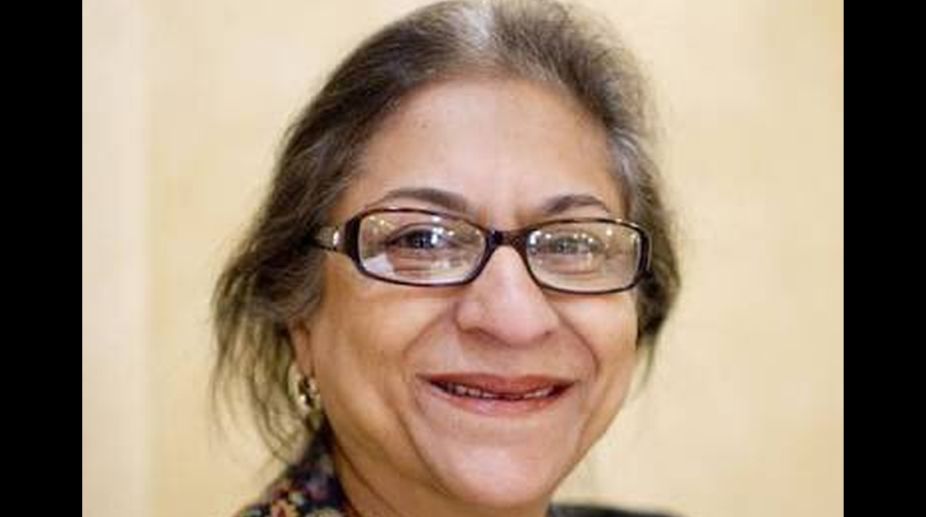It would be no exaggeration to aver that an era in social activism ends with the passing of Asma Jahangir in Lahore on Sunday. She was a formidable activist many countries would be proud of, but few able to claim, far less to emulate. The narrative was intrinsically the story of an individual’s struggle against an authoritarian State. The chief regret must be that her ideals are yet to be executed in Pakistan 71 years after its creation.
Neither the elected dispensations nor the frequent military rulers have ever had the nerve to try out her noble prescription; in varied ways both the civilian and military regimes have showcased the antithesis of Ms Jahangir’s ideology and actions. The tenor of her spirited and undaunted campaign was suggestive of the fundamental shortcomings of the structure of governance on the other side of the Radcliffe Line.
Advertisement
Ever so determined to confront evil and protect the vulnerable sections of society, she was remarkably insistent that Pakistan must truthfully abide by the ideals of its democratic, constitutional and secular Constitution. In parallel, she underlined the need for accountability of the powerful. More accurately, she was ever so riveted to the issues that ought ideally to have concerned the rational segment of Pakistan’s civil society.
That she was imprisoned in 1983 ~ at the high noon of General Zia-ul-Haq’s dictatorship ~ exemplifies the military’s inbuilt aversion to the certitudes of democracy. Not the least because she had been arrested for participating in the Movement for the Restoration of Democracy. Rightly has it been said that she fought Zia’s dictatorship on the streets. She was even placed under house arrest by Gen Pervez Musharraf. Her ideals will be on test as Pakistan heads for yet another tryst with democracy this year. There is a lesson, therefore, to be drawn from her struggle.
Ergo, hers’ was intrinsically a fight against the military and it was only to be expected that the Rawalpindi GHQ would get the better of Ms Jahangir. Her contribution has of course been acknowledged by the political class… from Nawaz Sharif, his brother, Shahbaz Sharif, chief minister of Punjab, the head of the Pakistan People’s Party, Asif Ali Zardari, and the chairman of Pakistan Tehreek-e-Insaf, Imran Khan.
There are not many in Pakistan today who can match Ms Jahangir’s robust and lifelong struggle against dictatorship and authoritarianism, one that has resonated in the echo chambers of the Human Rights Commission of Pakistan and the Geneva-based Defence for Children International. Her struggle for democracy and the relentless pursuit of human rights richly deserve to be followed up and vigorously so by the generation she has left behind. Her struggle was silenced on Sunday at the not-too-ripe age of 66. Asma Jahangir’s epitaph can be as stark as that.











